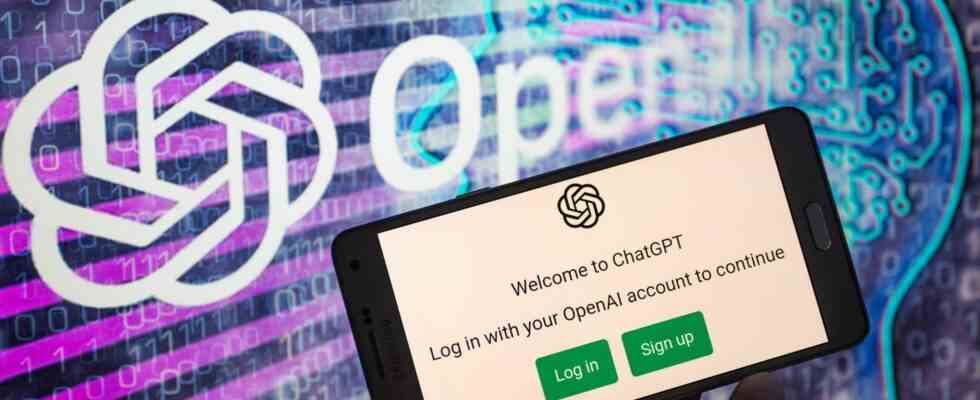Artificial intelligence
Essays on demand: Universities and schools want to curb the use of ChatGPT
Some schools and universities are reacting with concern to the new chatbot ChatGPT
© Jonathan Raa/ / Picture Alliance
With the chatbot ChatGPT, homework and entire essays can be done at the push of a button. Universities and schools in some countries are already trying to curb its use – and are therefore facing a major challenge.
The artificial intelligence ChatGPT has caused a stir in recent weeks. The free chatbot developed by the company “Open AI” has only been around since the end of November, but was already being used by more than a million people after just a few days. He can answer questions on demand and also produce longer, more complex texts such as application letters or essays.
Many students should therefore perceive the AI chatbot ChatGPT as a blessing. Meanwhile, universities and schools are asking themselves how they can curb the use of the tool – many of them are increasingly observing how students and pupils: inside let the chatbot do their work.
Private use of ChatGPT for schools and universities hardly controllable
In Australia, in response to the growing use of ChatGPT, universities have included in their rules that using artificial intelligence is considered cheating. According to reports by the Guardian, some Australian universities are also planning to have exams written more often with paper and pen instead of digitally in the future. In New York City, access to the chatbot within the school network and on school devices will be restricted due to concerns about its impact, the Department of Education said last week. Despite these measures, however, use on private devices can hardly be controlled.
The spokesman for the German University Association, Matthias Jaroch, told ZDF a few weeks ago that it could become increasingly difficult to identify and prove the use of tools like ChatGPT – also because the texts produced cannot be legally classified as plagiarism. The President of the German Teachers’ Association, Heinz-Peter Meidinger, was less concerned. Pupils could have been using the internet for their schoolwork for a long time. So far, it has often been easy to determine whether they have done it themselves and understood it or not.
digital art
These “photos” were completely generated by an artificial intelligence
“Open AI” said in a statement that the company wanted to work with educators on solutions. “We do not want ChatGPT to be used in schools or anywhere else for deceptive purposes,” it said. Work is already being done to make it recognizable when texts have been generated by the chatbot.
Sources: ABC Net, ZDF, trade newspaper, Guardians


